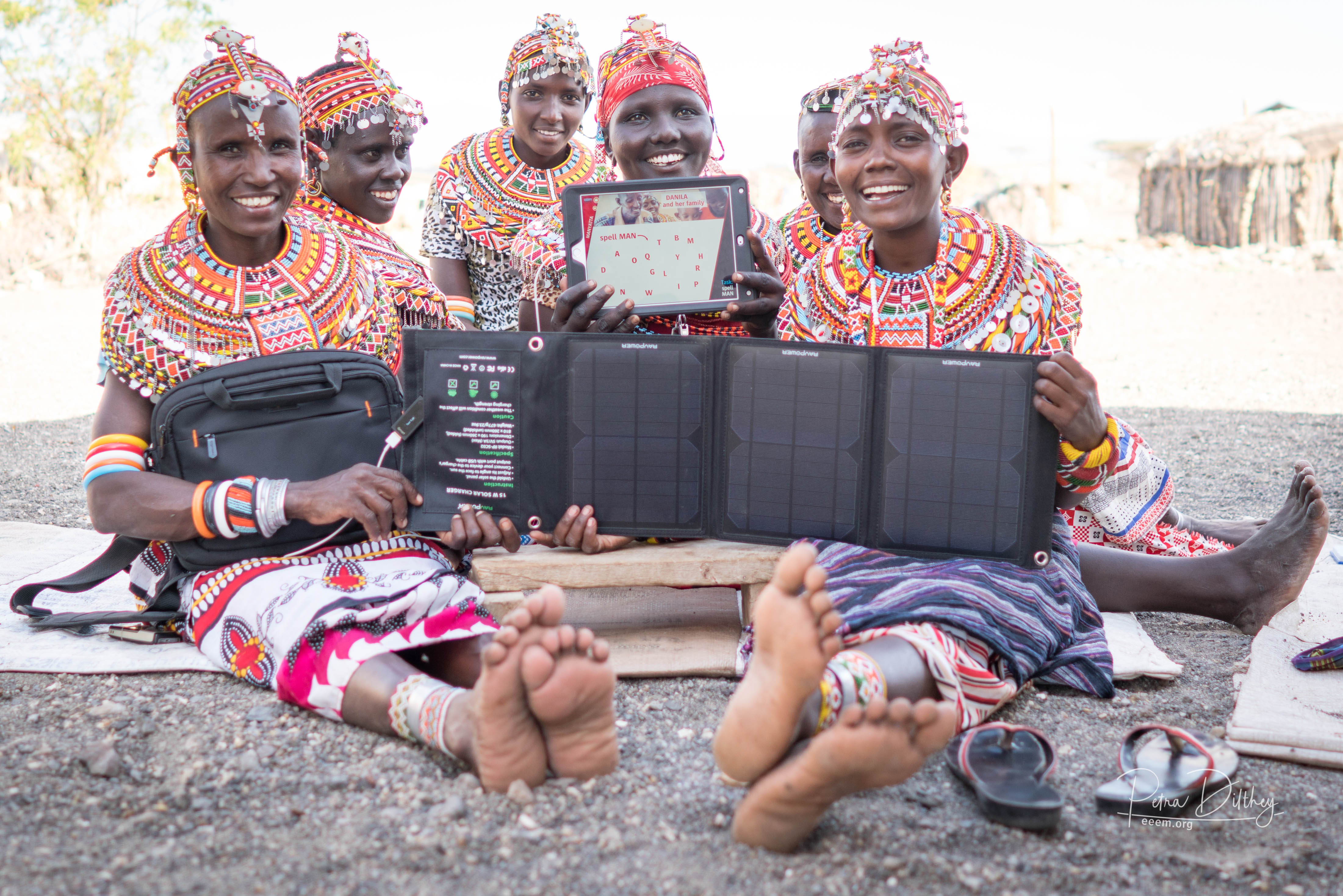Articles
Articles (page 97)
01/09/2023
By:
Newsletters of Maasai International Solidarity Alliance (MISA)
19/03/2022
By:
UN declared IYRP in 2026 !
On 15 March 2022, the United Nations General Assembly (UNGA) declared 2026 the International Year of Rangelands & Pastoralists (IYRP). This final approval is the culmination of an IYRP movement that grew over several years to become a global coalition of over 300 pastoralist and supporting organisations. CELEP – through its member organisation Agrecol Association […]
01/06/2021
By:
Pastoralism is the future – animated video
Man-made climate change is creating conditions on our planet that are increasingly characterised by variability and unpredictability. Pastoralists use variability to their advantage. Their production systems guide us to a sustainable future. Find out how they do it in this 2:23-min animated video: https://www.youtube.com/watch?v=DeqITzac9Ac This video film was created by Cartoonbase and realised by CELEP […]
03/08/2017
By:
Borana pastoralists adopt camels to adapt to climate change
Borana pastoralists in southern Ethiopia used to keep primarily cattle but have recently diversified into keeping camels after experiencing recurrent severe droughts. The study “Camel management as an adaptive strategy to climate change by pastoralists in southern Ethiopia” by Galma Wako et al (2017, 12pp) published in Ecological Processes 6:26 (DOI 10.1186/s13717-017-0093-5) looks into evidence […]
03/08/2017
By:
Trade-offs between pastoralism & wildlife conservation in Kenya
Some pastoralists in the East African rangelands diversify into wildlife conservation and tourism in order to supplement livestock-based livelihoods and to spread risk. Tourism can be an alternative source of income during drought, but may reduce access to grazing resources, and wildlife may destroy crops and injure, kill or transmit disease to livestock or people. […]
03/08/2017
By:
Poverty, health & pastoral ecosystem interactions in Kenya
Pastoralists are over-represented among the poor. Poverty has been mainly attributed to lack of access, e.g. to goods, education or enabling institutions, but recent insights suggest that ecosystems may influence poverty and the self-reinforcing mechanisms that constitute poverty traps. One example could be zoonoses. The article “Poor livestock keepers: ecosystem–poverty–health interactions” by Delia Grace et […]
20/07/2017
By:
Digital nomads & basic education in northern Kenya
In Digital Development Debates Issue 14 (March 2015) of the Development Policy Forum of GIZ (German Agency for International Cooperation), the article “The real digital nomads”, by Uli Schwarz and Petra Dilthey, describes an e-learning programme called Ethno E-Empowerment among mobile Rendille, Samburu and Turkana pastoralists in northern Kenya. The pastoralists’ everyday lives – in […]

15/07/2017
By:
Pastoralist women’s land rights in Tanzania
At the XVI Biennial IASC (International Association for the Study of the Commons) Conference (https://www.iasc2017.org/) in July 2017 in Utrecht, Netherlands “Practicing the commons: self-governance, cooperation and institutional change”, Naseku Kisambu presented a paper from the International Land Coalition (ILC) Rangelands Initiative on “Pastoral women’s land rights and village land use planning in Tanzania” (2017, […]
